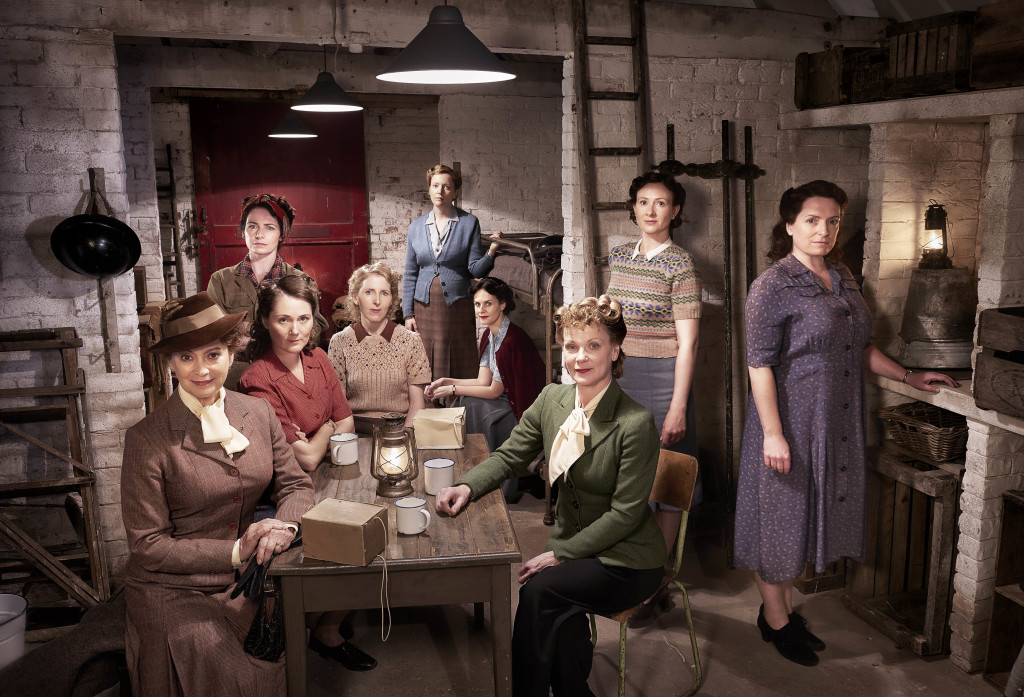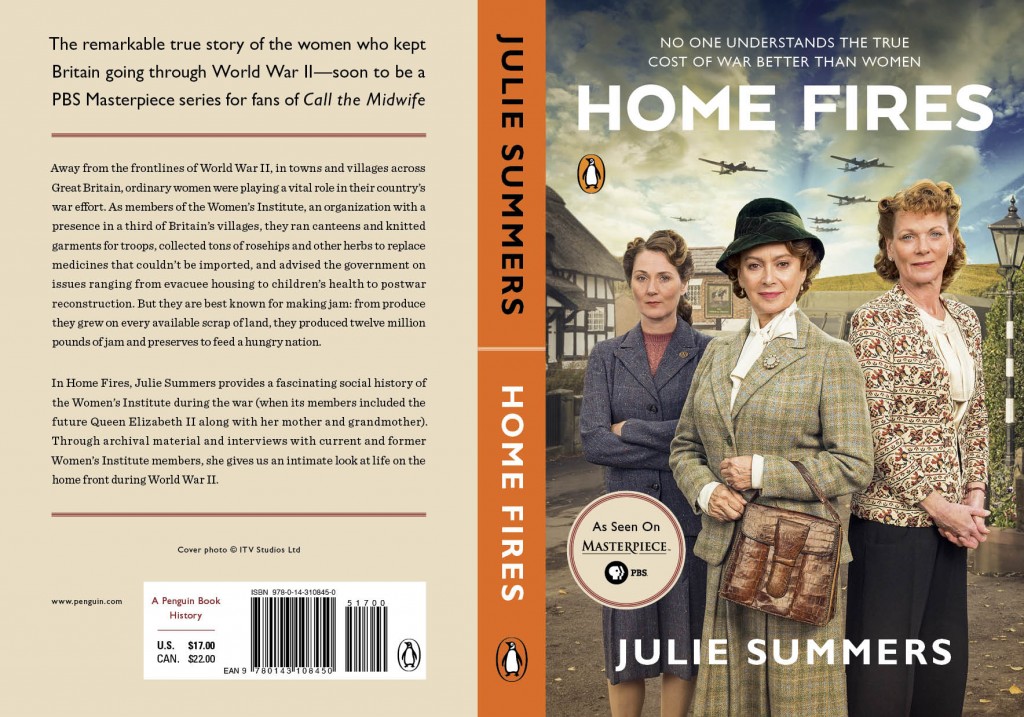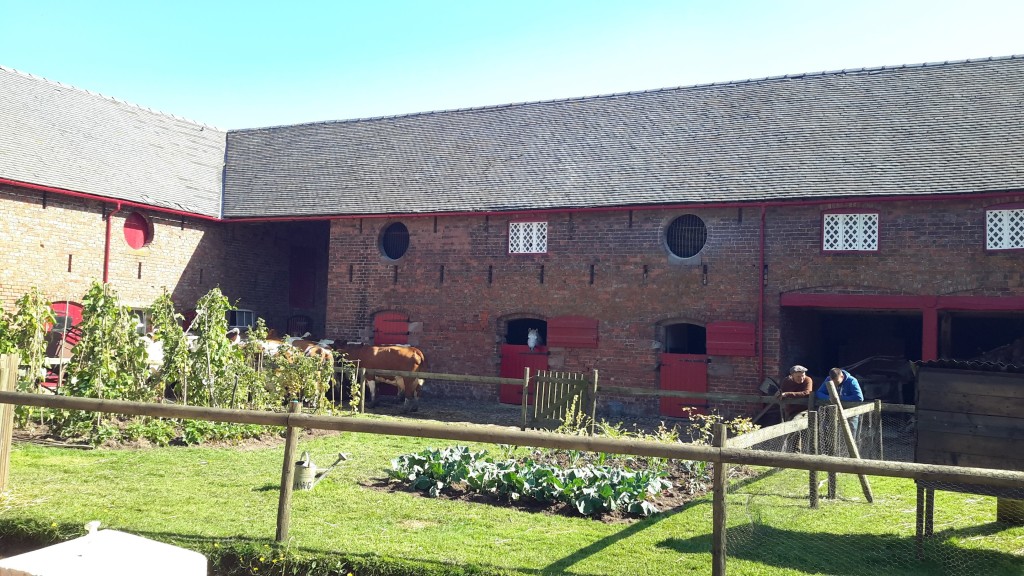Life on the Edge of Europe
Three weeks after the evacuation at Dunkirk, France fell to the Germans. Amongst the Allies who had been fighting were Polish and Czechoslovakian forces who were at risk of captured and put into German Prisoner of War camps. Churchill realised that if this could be avoided it would mean he would have experienced, battle-hardened troops in Britain. So he ordered them to be rescued from southern France. In the end some 20,000 Polish and nearly 5,000 Czechoslovakian soldiers and airmen were brought to Britain and proved themselves more than worthy of the trust Churchill had placed in them. The Czechoslovakians sailed into Liverpool and were put on a train to Bunbury from where they marched 8 miles to Cholmondeley Castle.
 The villagers along the way cheered them and the soldiers immediately fell in love with the beautiful Cheshire countryside. They camped in the fields around the Castle, which had already been requisitioned for another military use, and they remained there throughout the glorious summer of 1940 until they moved on to Leamington Spa to a more permanent camp.
The villagers along the way cheered them and the soldiers immediately fell in love with the beautiful Cheshire countryside. They camped in the fields around the Castle, which had already been requisitioned for another military use, and they remained there throughout the glorious summer of 1940 until they moved on to Leamington Spa to a more permanent camp.
The mood in the early summer of 1940 was one of agitation, anxiety and apprehension, mixed with fear. People were told that careless talk would cost lives and that they should be on the lookout for spies. Signposts were taken down or blacked out, so that moving around in the dark became even more difficult.

There was a genuine and powerful fear of invasion. Even Churchill thought it unlikely that Britain could withstand a full-blown attack by the Luftwaffe and seaborne troops. The Battle for the Atlantic, which is the off-screen backdrop to our series, was about to enter troubled times. The German U-Boats had become ever more effective at targeting convoys and fears grew for the safety of passengers, especially evacuee children, who were setting out west for the safety of Canada or America. Yet once France had fallen there was a sense in Britain that, as the last man standing, on the edge of Europe, we would somehow defy the odds and emerge victorious. This mood is well-documented in diaries, letters and newspapers from the era.

Pictured: FRANCESCA ANNIS as Joyce, CLARE CALBRAITH as Steph,RUTH GEMMELL as Sarah,FENELLA WOOLGAR as Alison, CLAIRE PRICE as Miriam, LEANNE BEST as Teresa.SAMANTHA BOND as Frances,FRANCES GREY as Erica and CLAIRE RUSBROOK as Pat.
copyright ITV . must only be used in relation to HOME FIRES SERIES 2.
So, for our village of Great Paxford, the sense of anxiety about the future is very much there. The incoming Czechoslovakian soldiers add a fresh element to the drama, as does the permeating anxiety about foreigners, spies and Nazi sympathisers. However, life did go on during the war and it will go on in Great Paxford. The everyday lives of the characters are of course affected by the external influences but themes of love, loss, suspicion and excitement are constants. We pick up where we left off with Laura Campbell named in the divorce of her lover, Richard Bowers; Alison Scotlock is still in trouble with the police over accounting and Claire Hillman is as in love with Spencer as she was at the end of the last series. Bryn the butcher is typical of the kind of man who is determined not to be cowed by the threat of invasion. He has a business to run, a pregnant wife to protect and a missing son to worry about. Pat, on the other hand, is once again knocked down: not by husband Bob, this time, but by a brawl outside a pub. For her the war is about to change her life but in a wholly unexpected way. This episode opens with the farmer going about her business and the army going about theirs. After all, this is wartime…
Home Fires airs on Sunday on PBS Masterpiece. It is created and written by Simon Block and inspired by my book Home Fires which tells the true story of the WI on the home front from 1939-1945.






